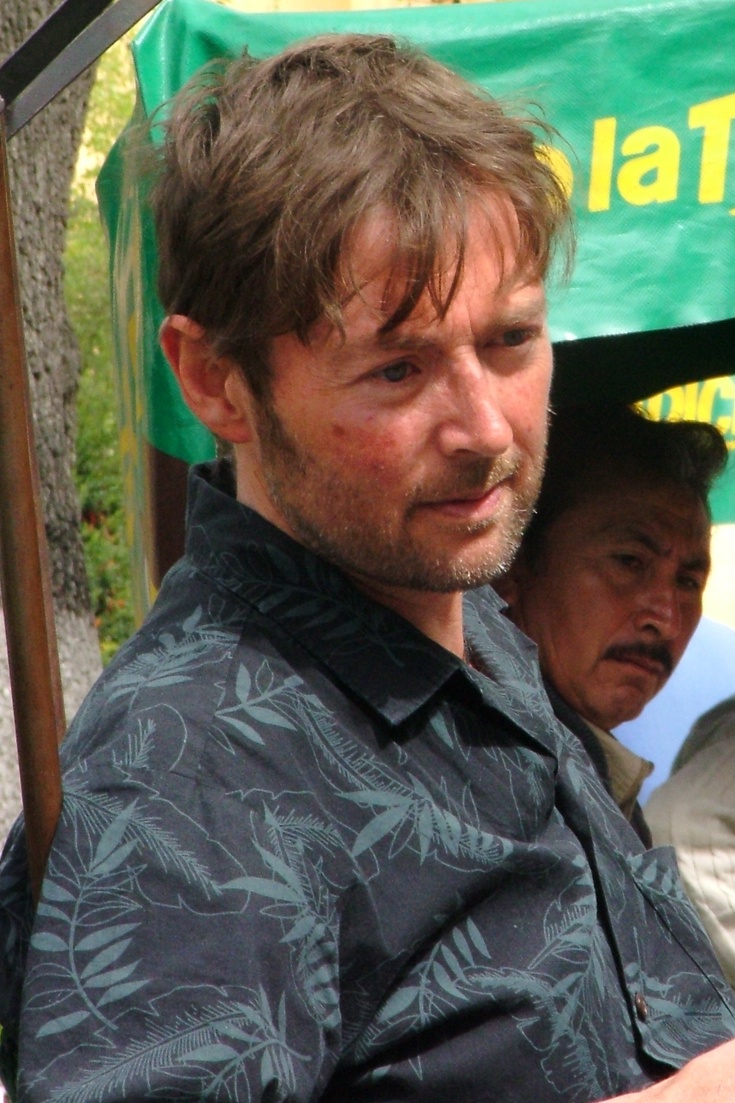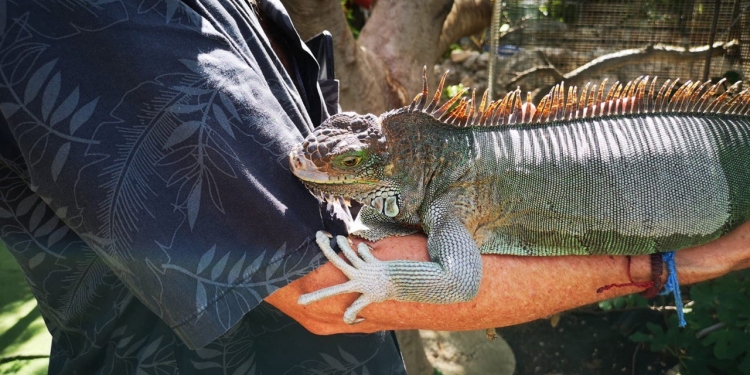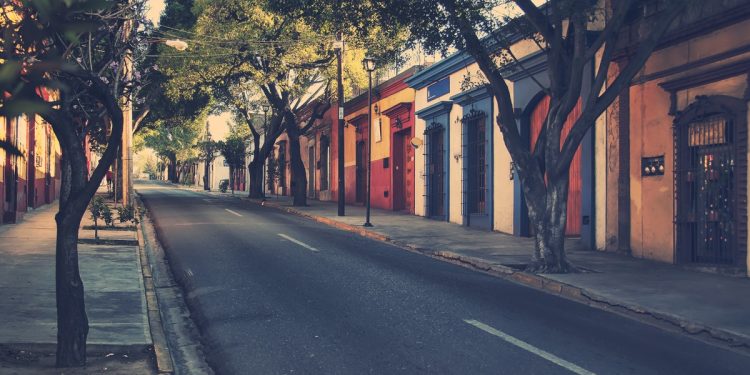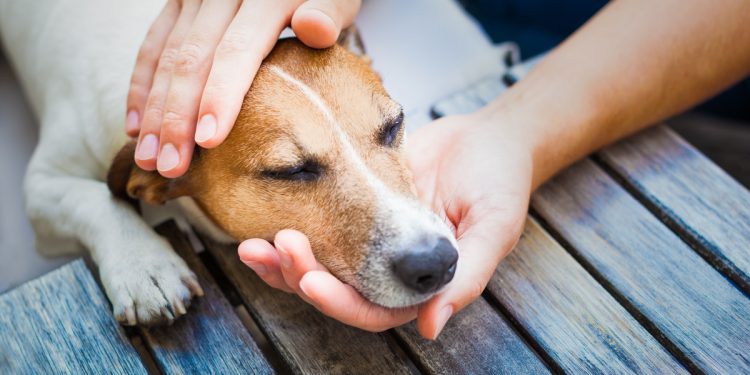I suppose my parents concerned themselves with questions of schooling, healthcare, insurance, security, and other pointless trifles. But when I moved to Mexico as a seven year-old I just wanted to know what that smell was; I wanted to know why chocolate was bitter and bread was sweet, what the songbirds were called that sounded like emptying bottles. To me it was a scratch-and-sniff Disneyland where, between the ups and downs of beginning to understand inequality, stuff came along to furnish a childhood.
What mostly came along, it seems looking back—were pets. Granted, pets aren’t a common window on a country: but they’re still a window, if you’re a kid. Give a ten year-old a choice between a new video game and a live iguana – I say he’ll take the iguana, or regret it for the rest of his life.
And iguanas in Mexico are barely entry-level mascots; there was a pet shop near me in Mexico City that had a lion one day. It had squirrel monkeys, spider monkeys, and ocelots. It sometimes had a raccoon. Some leopard cubs once appeared. A panther. A Bengal tiger. It was better than the zoo, and you could take the animals home. Coming from my old white-underwear culture, where dogs and cats are the apex of pethood, where a ferret is exotic, this was a Tarzan movie. You didn’t even have to go to a pet shop—songbirds, salamanders, snakes, and turtles sold on street corners.
Then this place near me had a lion one day. And a raccoon. Our nearest Gigante supermarket had piranha. Piranha.
I don’t have to tell you the visions all this can inspire in the young. Me with my lion. My leopard at the supermarket – excuse me could you hold the leopard. I’ll just park the panther. The same equation was playing out in domestic animals as in food, I’d come from a meat and potatoes kind of place to an enchilada and mole kind of place; and consistent with this, dogs and cats were upgraded to lions and tigers. In fact everything was upgraded to something bigger, and freer, when I reached Mexico.
Understand, I hadn’t yet embarked on the lesson of why animals or people should be free. My instinct, surrounded by birds and lions and monkeys in cages, was to free them by bringing them home. And so this was the period when that lesson played out—because I brought home all the creatures I could find.
Now: I never got a lion. And I knew I didn’t have a hope in hell of convincing my father that I’d look after a tiger. Nor a panther, leopard, or monkey. No way, once the maids ended up with the canary. But after climbing the pet ladder through lizards and snakes, through salamanders, rabbits, parrots and hamsters, after moving up into creatures of field and stream —like ducks and exotic chickens— I thought I should have a shot at the raccoon. Well, you could almost pass it off as a kind of guinea pig. A ring-tailed, flamboyant kind of guinea pig.
I mounted a campaign on my father for the raccoon. I tended my menagerie, did my chores, and worked on him. The raccoon would be my true friend from the wild, the real wild. I admit I was slightly in awe of the challenge because it really was the wild. And the lesson of freedom was already starting to bite, it began when I asked the man in the pet shop how you could keep any of these pets —especially the lions and tigers— without dying horribly. He said their claws had been removed, but I wasn’t convinced they’d feel more kindly towards us after that little procedure. Plus, looking at three meter-lengths of Bengal tiger, I wasn’t sure it mattered. Anyway what was the point of having a creature you had to disarm in order to even survive? Compared to a raccoon, anyway.
I eventually got the raccoon. He was great and smart, and had a detailed emotional and psychological life. He rode my shoulders to the supermarket. He stole cake from the kitchen but wasn’t an animal, compared to the animal I was. I was humbled by the so-called animals, and slowly tempered by the pain of their passing lives. That’s what pets were for. Still we lived a span, and it was rich because we were animals in Mexico.
The last time I was in Mexico City I went up to the pet shop, but it’s gone. It used to sit just over the corner from Bazar Del Sabado in San Angel. From the cobbled street outside you could see the creatures flash through the dark of the doorway.
But I looked on the internet and saw that things are the same in Mexico, still an Aztec parade with furs and pelts and plumes. Now you can get lemurs, meerkats and sugar-gliders on top of your lions and tigers. So today, although I write from a distant place famous for white underwear and meat and potatoes, from that grey, almost flavorless non-Mexican world where I have no pets – I know just where to go and get one.
I know it’s unfashionable, unliberal. But give a kid a choice between fashionable, liberal, and a live iguana – and he’ll take the iguana every time. Or regret it for the rest of his life.
About DBC Pierre
 DBC Pierre was born in South Australia in 1961 before moving to Mexico, where Pierre was largely raised. Vernon God Little, his first novel, was awarded the Booker Prize for fiction in October 2003. Release The Bats also shares several of his experiences in Mexico.
DBC Pierre was born in South Australia in 1961 before moving to Mexico, where Pierre was largely raised. Vernon God Little, his first novel, was awarded the Booker Prize for fiction in October 2003. Release The Bats also shares several of his experiences in Mexico.
DBC Pierre’s books
His books are available at good bookstores and online at Amazon in printed, audiobook, and Kindle formats.







WONDERFUL!